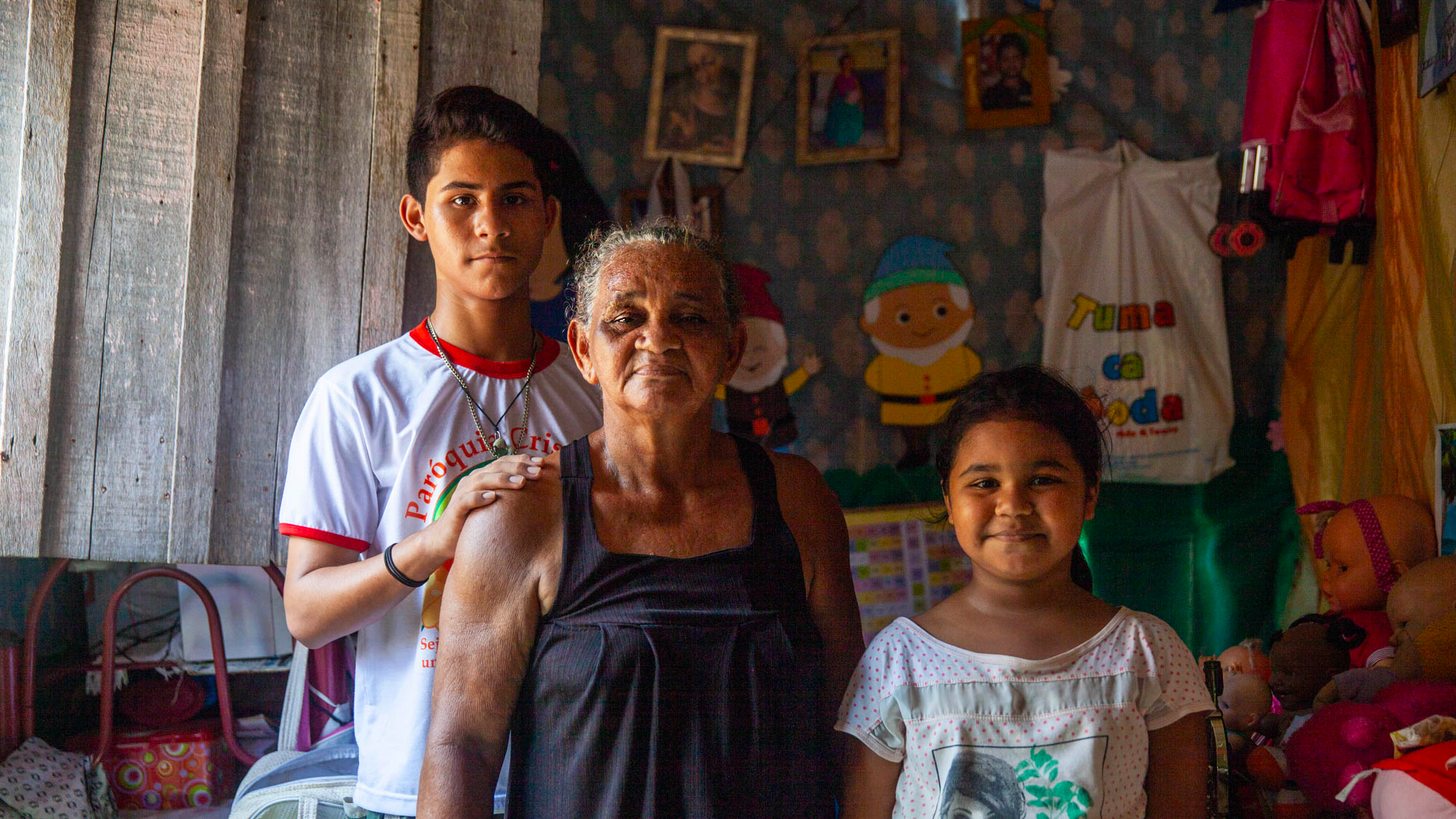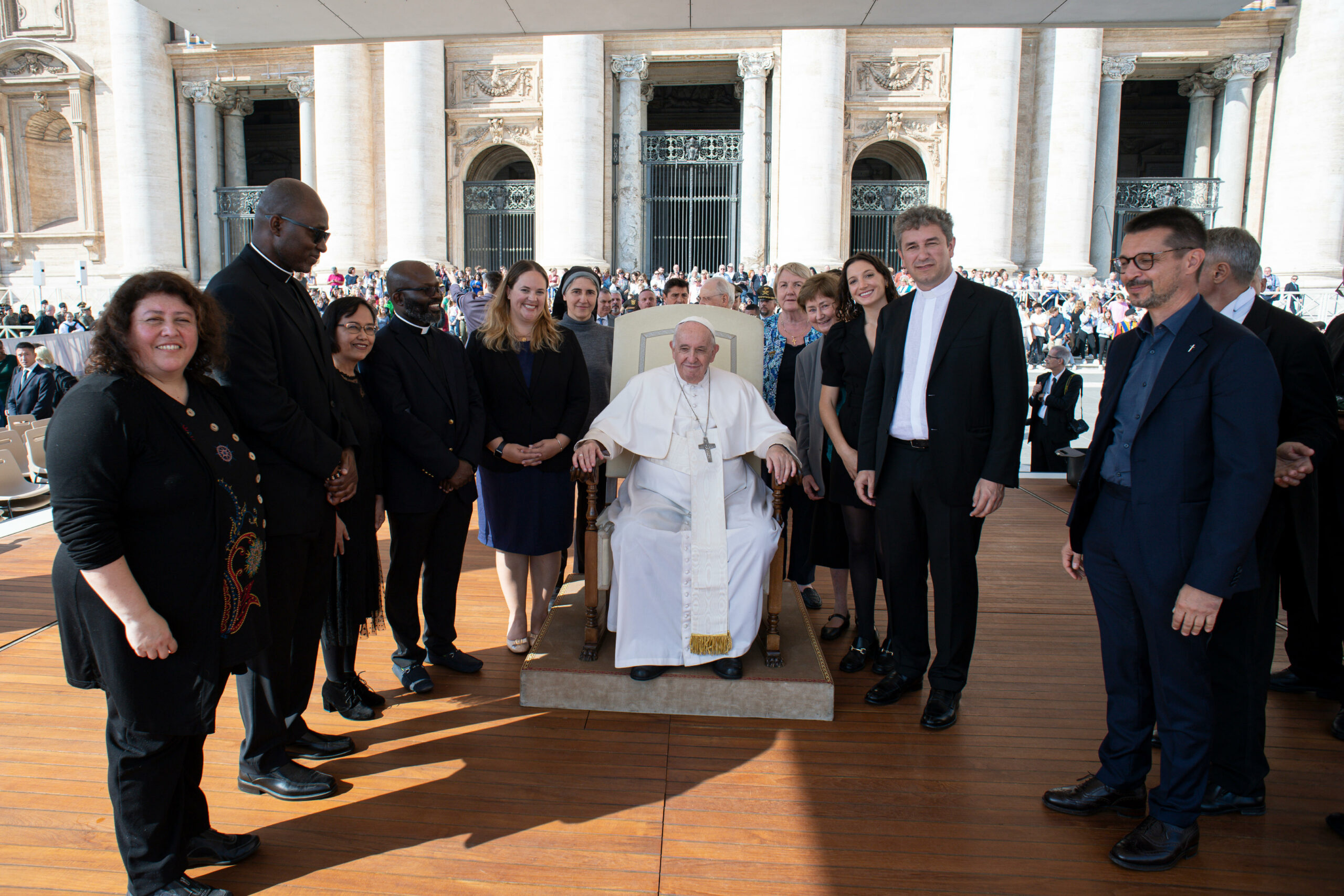ABOUT THE PROJECT
Doing Theology from the Existential Peripheries is a research project of the Migrants and Refugees Section (M&R) of the Dicastery for Promoting Integral Human Development, Holy See. It aims at deepening the teaching of Pope Francis and promoting a renewal of theology. The project is built on the belief that those who have been marginalised, whether socioeconomically, socially, or in other ways, hold a wisdom capable of reopening discourse, especially where there are tensions. Specifically, it seeks to uncover the sensus fidei fidelium of those often excluded from discourse within society and especially within the Church. In this way, we can nurture and grow Christian thought beginning from a deep sense of faith in order to transform lives and hearts once again.







